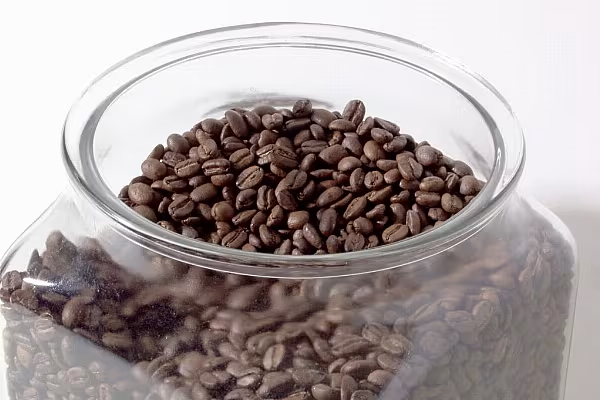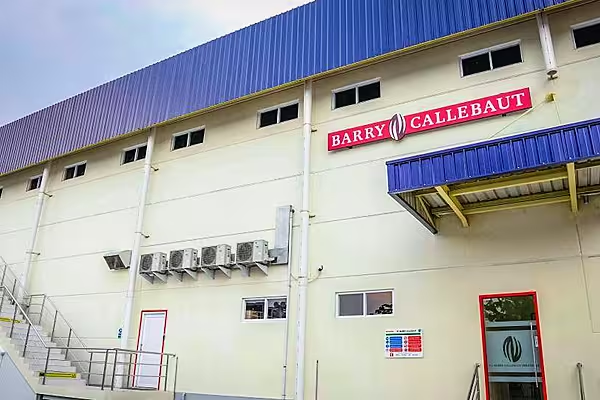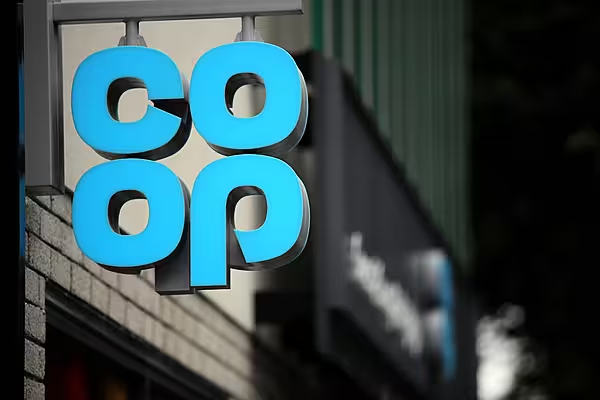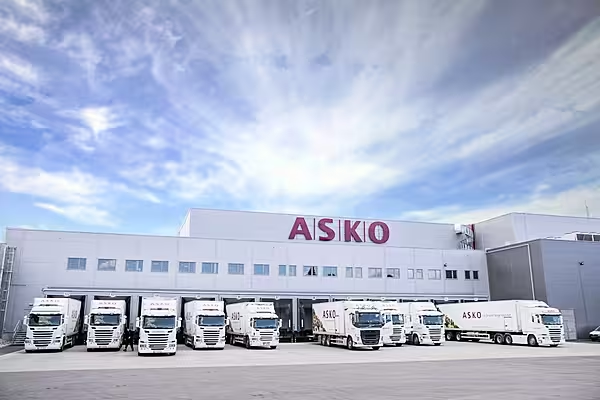Louis Dreyfus Company is poised to regain majority ownership of robusta coffee stocks on ICE Futures Europe, four trade sources told Reuters, in a move that will give the firm a strategic edge in trading on the London-based futures market.
Some 38,400 tonnes of robusta coffee have been tendered against November robusta futures since the start of the delivery period, Intercontinental Exchange (ICE) data shows.
The sources said that Dreyfus – historically, a key player in exchange-certified stocks – was the primary buyer of robusta coffee tendered so far.
Control Of Stocks
The control of stocks gives a trade house a strong hand when trading with rivals that lack the physical supplies to back up their futures strategies – an edge that traders say Dreyfus has often exploited successfully in the past.
The sources also said that Dreyfus was expected to take a sizeable part of the 11,720 tonnes yet to be delivered against the contract, which expires on 26 November.
In total, the coffee poised to be tendered in the current delivery month represents 48% of ICE-certified stocks.
Dreyfus is also understood to have graded a significant amount of the 33,360 tonnes of Brazilian conillon coffee recently shipped to the exchange, further bolstering its holdings.
Coffee needs to pass a grading process before it is eligible to be tendered on the exchange.
In May, Dreyfus offloaded most of its certified stocks ahead of a rule change that made it more expensive to carry coffee forward.
Swiss trader Sucafina took the bulk of the certified stocks at the time, paying up initially, but gaining more influence over spot premiums in the market.
In July, the spot premium surged above $100 (€87.6) per tonne, triggering an ICE intervention to cap it from rising further.
Louis Dreyfus did not respond to a request for comment. Sucafina declined to comment.
Seeking Value
Trade sources noted that a recent shift in the forward price curve had made it less costly to take back the certified stocks, opening up a window of opportunity for Louis Dreyfus.
A wave of Brazilian conillons to Europe has rebuilt stocks from multi-year lows and erased the sizeable premiums that have dominated the structure for months.
Spot November robusta has been trading at a discount of $11-$33 to the January contract recently. While sources said that this does not fully offset the cost of holding certified stocks, it reduces it significantly.
Dreyfus also owns certified warehouses across Europe, including 4Stox and Molenbergnatie, which, sources said, could reduce the cost of holding coffee.
There could also be commercial value in the beans. Despite expectations for ample supplies going forward, strong physical differentials continue to make Vietnamese robusta too expensive to ship to Europe.
"What you'll get is a mix a good coffee that is significantly cheaper than origin differentials," said one source.
However, the prevalence of Brazilian conillons in the stocks could sap demand, since these beans are not widely used by European roasters due to their distinctive taste.
The last time conillons were shipped to Europe, in 2015, the beans wound up in certified warehouses for years, until deep-age discounts made them attractive.
News by Reuters, edited by ESM. Click subscribe to sign up to ESM: European Supermarket Magazine.














